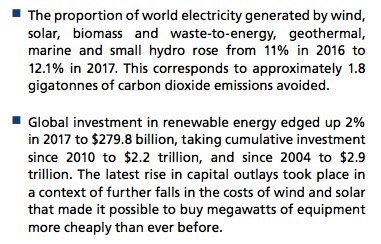
Reporter at @nytclimate. On the apocalypse beat, more or less. Email me at brad.plumer@nytimes.com
How to get URL link on X (Twitter) App

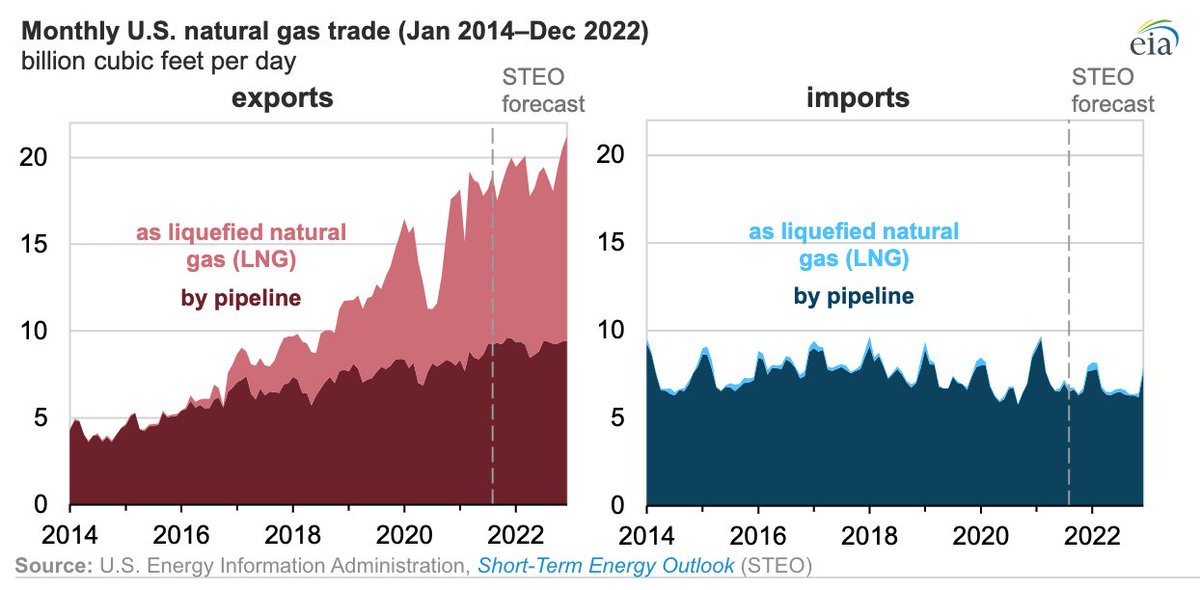
 Breakdown here from EIA on where all of America's LNG is actually going. Brazil, for instance, doubled its imports in 2020 because a drought was crippling output from its hydropower dams and they replaced it with gas power: eia.gov/todayinenergy/…
Breakdown here from EIA on where all of America's LNG is actually going. Brazil, for instance, doubled its imports in 2020 because a drought was crippling output from its hydropower dams and they replaced it with gas power: eia.gov/todayinenergy/… 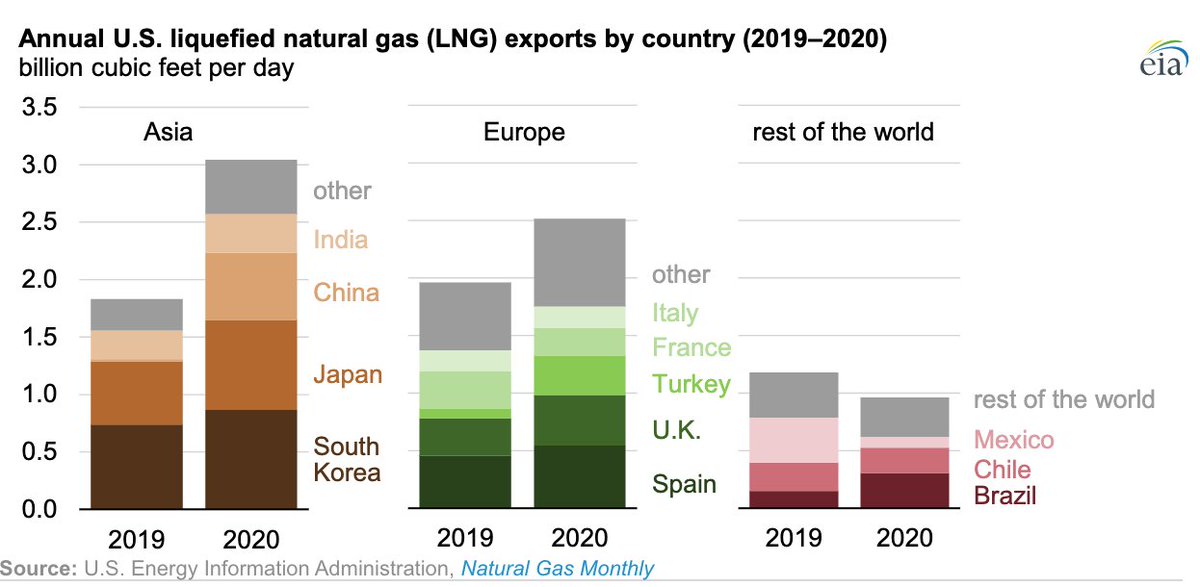

https://twitter.com/kdrum/status/1359193839106289667(To be clear, I can think of a bunch of plausible scenarios where solar geoengineering might make sense as a harm reduction tool, alongside deep emission cuts. I am not super optimistic that the decisions around this stuff will be great if it's suddenly seized on in a crisis.)



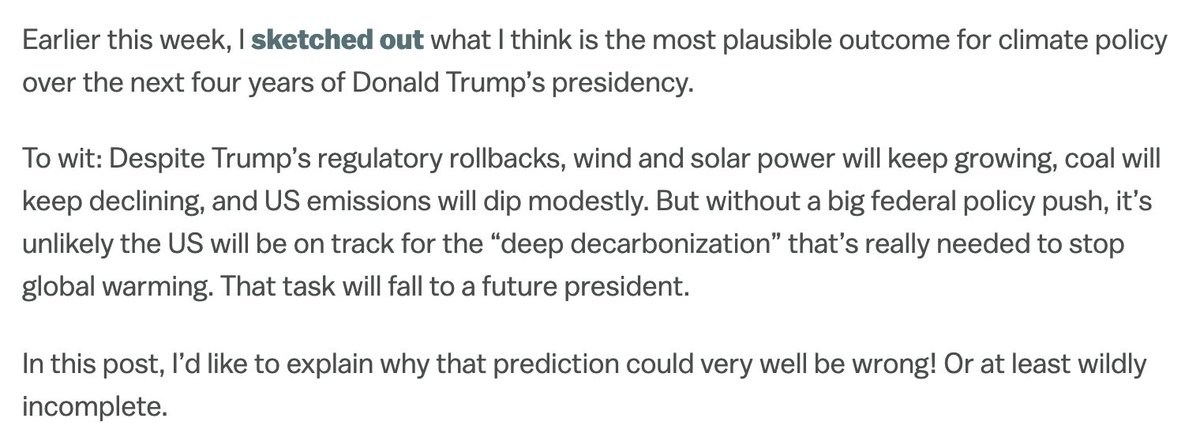
 1) The pandemic was a huge surprise, obviously, though maybe it's too early to say how that will affect the energy/climate landscape. So far, it’s put a brake on U.S. fracking and induced Europe to pledge staggering sums on hydrogen. Maybe global CO2 emissions have peaked, idk.
1) The pandemic was a huge surprise, obviously, though maybe it's too early to say how that will affect the energy/climate landscape. So far, it’s put a brake on U.S. fracking and induced Europe to pledge staggering sums on hydrogen. Maybe global CO2 emissions have peaked, idk.
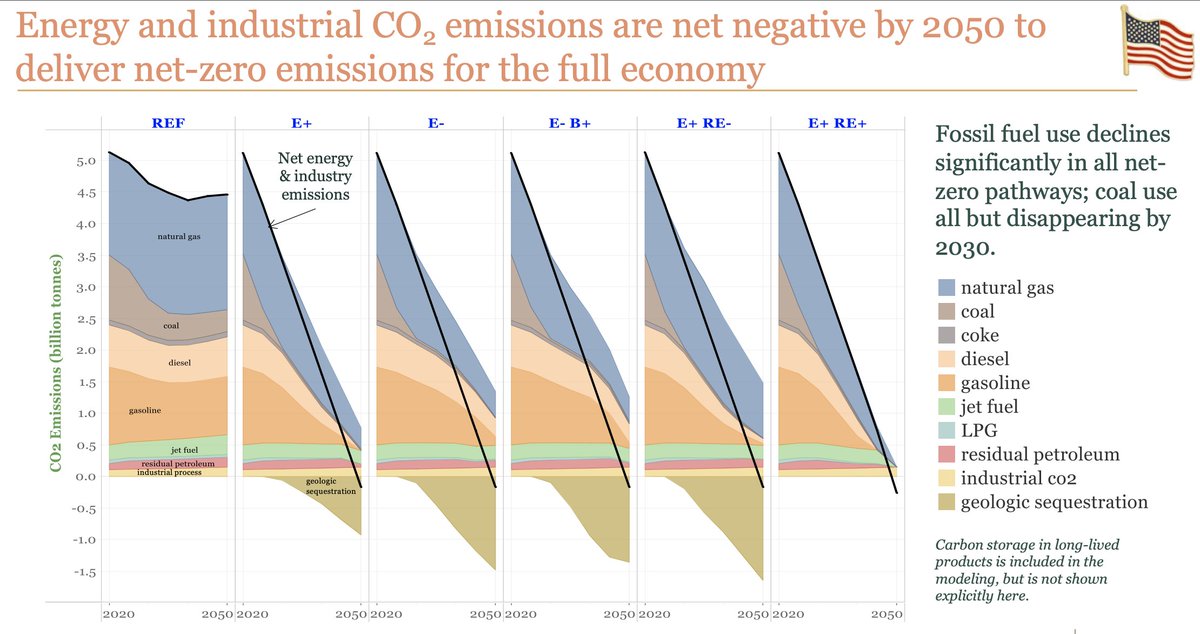


 One big reason is that livestock producers have massively improved their productivity in many places, thanks to advances in animal breeding, veterinary care, feed quality. So they can produce more meat/milk on less land. See, e.g., this paper on US trends: academic.oup.com/af/article/3/3…
One big reason is that livestock producers have massively improved their productivity in many places, thanks to advances in animal breeding, veterinary care, feed quality. So they can produce more meat/milk on less land. See, e.g., this paper on US trends: academic.oup.com/af/article/3/3…
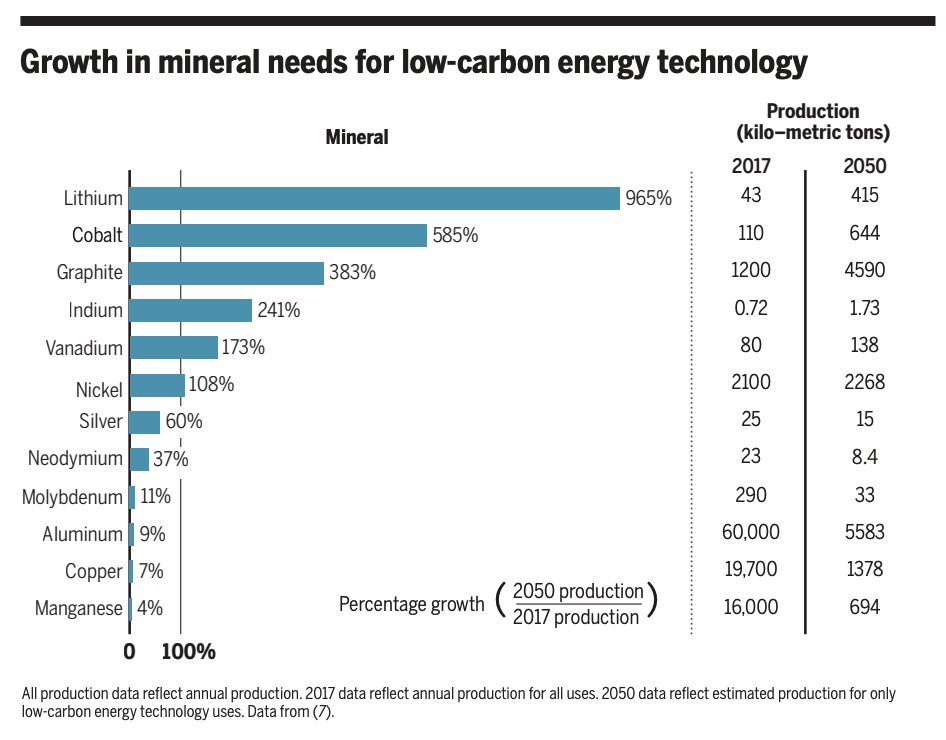
 (Note: This is just one estimate. It's hard to predict how many PV panels/batteries/wind turbines/fuel cells/nuclear reactors we'll build. And technology may shift: maybe sodium-ion batteries will become more popular than lithium ion, etc. But odds are, lots more mining.)
(Note: This is just one estimate. It's hard to predict how many PV panels/batteries/wind turbines/fuel cells/nuclear reactors we'll build. And technology may shift: maybe sodium-ion batteries will become more popular than lithium ion, etc. But odds are, lots more mining.)



https://twitter.com/RyanMKellogg/status/1078337553378566144/1 The original economic rationale for a carbon tax was that polluters should be required to pay for and internalize the damage they cause by polluting. So: Let's figure out the economic cost of global warming and tax fossil-fuel users accordingly—ie, the "social cost of carbon." /2
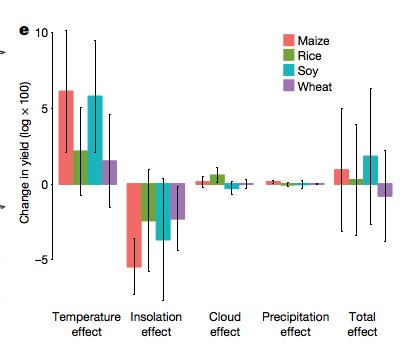
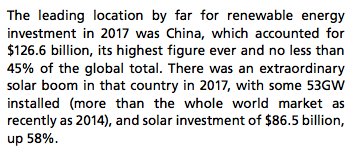
 All told, the world invested about $278 billion in renewables last year. That nudged the fraction of electricity the world gets from renewables up from 11% to 12.1%
All told, the world invested about $278 billion in renewables last year. That nudged the fraction of electricity the world gets from renewables up from 11% to 12.1% 